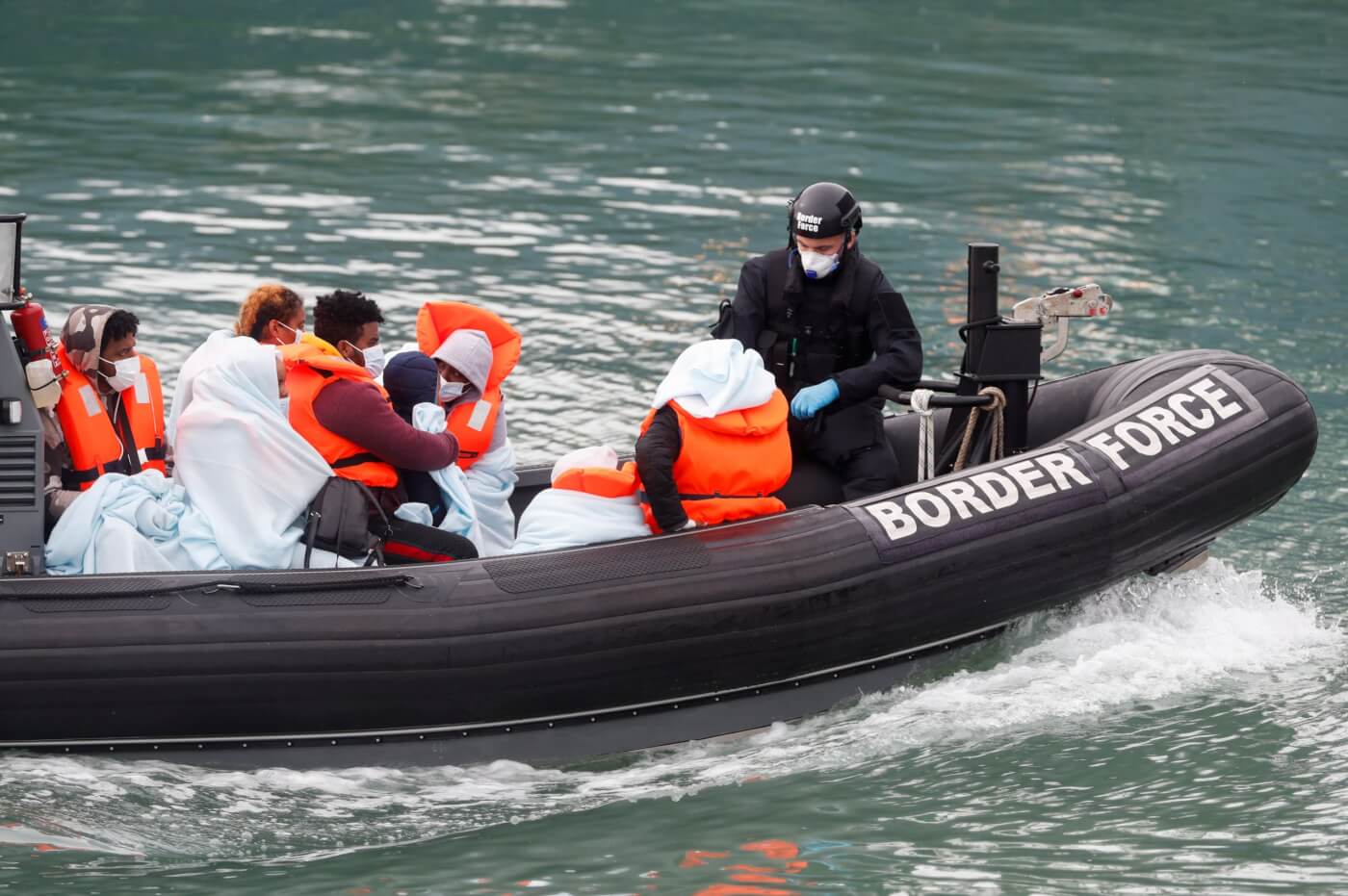A 25-year old man from Afghanistan is facing criminal charges for his son’s death, after their boat capsized trying to reach the Greek Island of Samos. The charges are for endangering his six year old son’s life. They left Turkey as part of a group of 25 people trying to reach Europe to seek asylum.
The dinghy they travelled on reportedly capsized in the Aegean Sea, and the boy’s body was found on the shores of Samos. His cause of death has not yet been determined, but the father could face up to 10 years imprisonment if found guilty of the charges. He is currently in quarantine in Greece.
The father’s lawyer, Dimitris Choulis, spoke to the Guardian. He said that he is concerned that the charges will be used as “one more obstacle to any asylum seeker.” This case is unprecedented, as many migrants die on the dangerous journey to reach Europe, but their relatives who survive have not faced criminal prosecution. The 23-year old man that is understood to be in charge of the boat has reportedly been arrested.
Criminalising Migrants
In October, Home Secretary Priti Patel warned against the criminalisation of asylum seekers arriving in the UK by boat. This came after reports of people-smugglers exploiting vulnerable migrants in northern France, who were attempting to make the Channel crossing. According to the Independent’s Supporter Programme, traffickers had taken money for the crossing from migrants, only to demand they work for free if they wanted to make the journey to the UK.
The British government has often argued that since asylum seekers arriving in the UK must have first travelled through a safe country, their entry into British waters is illegal. However, as Colin Yeo, immigration lawyer and editor of the immigration blog Freemovement notes:
“There is no obligation in the Refugee Convention, either explicit or implicit, to claim asylum in the first safe country reached by a refugee. We have previously looked in detail at the definition of a refugee… and it is basically about whether a person has a well founded fear of being persecuted in his or her country or origin. Whether that person travelled through several countries before claiming asylum simply has no bearing on fear of persecution at home.”
An exclusive report by the Independent, published on 15 November 2020, reported that asylum seekers were being jailed for steering dinghies across the English channel, despite official reports finding there were, “no organised crime group members” on board. This is despite article 31 of the 1951 Refugee Convention which states:
“The Contracting States shall not impose penalties, on account of their illegal entry or presence”
The National Crime Agency reports 87 arrests linked to Channel crossings, but the majority of them have been related to steering boats. Migrants are identified by army-operated drones which survey the Channel. By using drones to identify the pilot of the vessel, it brings more cases to court for prosecuting them. Around 7,000 asylum seekers have come to the UK on small boats so far this year, and Priti Patel has vowed to reduce this number by making crossings “unviable”. There have already been cases in which migrants have been jailed for assisting illegal entry to the UK. An example of such a case was that of a 43-year old Sudanese man, Altaib Mobarak, and a 36-year old Iraqi man, Rebwar Ahmed, who were both caught by drones steering a dinghy.
The Universal Declaration of Human Rights (UDHR) adopted in 1948 guarantees the right to seek and enjoy asylum in other countries.
“Everyone has the right to seek and to enjoy in other countries asylum from persecution. This right may not be invoked in the case of prosecutions genuinely arising from non-political crimes or from acts contrary to the purposes and principles of the United Nations.” – Article 14, UDHR
The UNHCR states that there is no such thing as a bogus or illegal asylum seeker. The UK received 32,423 applications for asylum by the end of June 2020, but over the same period in other EU countries the figure was much higher. UNHCR figures state that Germany received 155,295 first time asylum applicants, followed by France with 129,480, Spain with 128,520 and Greece with 81,465.
Speaking to the UK Home Affairs Committee on 11 November 2020, Dr Natalie Klein, Professor of Law at UNSW said that
“a state has sovereignty over its territorial sea…and whilst it can take the steps necessary for policing against people smuggling at the same time it must respect the human rights of the people on those vessels who are not the people smugglers.”
One of the UK’s only remaining ‘legal routes’ to claim asylum, the Refugee Resettlement Scheme was suspended in March 2020 due to the COVID-19 outbreak, and is yet to resume. Until the UK government resumes the scheme and starts settling vulnerable people, it should refrain from criminalising those who seek asylum and respect their right to claim safe harbour.

